Project Funding Breathes New Life into Monitoring Greenland's Seafloor
23.11.2023The Greenland Climate Research Centre and the Greenland Institute of Natural Resources have received funding of DKK 17.2 million for ..
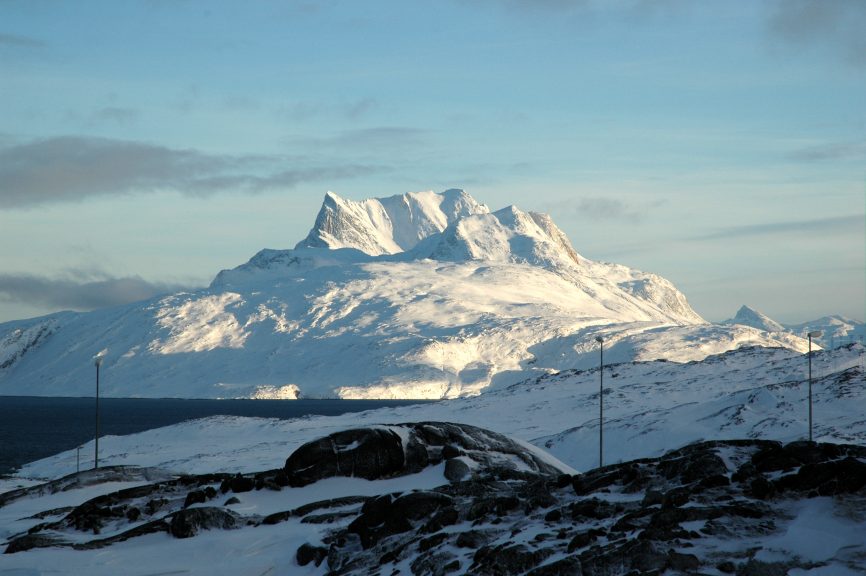
To apply for courses in the Arctic Science Study Programme (ASSP), please complete the “Student Information” form below. After submitting the completed form you will receive an e-mail with details on how to proceed with register for the courses and other practical information.
The ASSP offers graduate (masters) and PhD level courses. The courses in spring form one full semester (30 ECTS). Applicants applying for a full semester are given priority, however, it is possible to apply for single courses. You can find more information about the courses under Arctic Science Study Programme (ASSP).
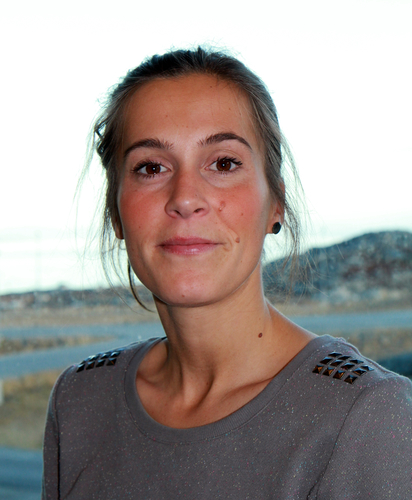
On 27 June 2017, scientist Ann Eileen Lennert from both Ilisimatusarfik and the Greenland Institute of Natural Resources got her PhD with her thesis on the use of Nuup Kangerlua over a thousands years in a cultural perspective. The thesis is titled ”A Millennium of Changing Environment in Godthåbsfjord, West Greenland – Bridging cultures of knowledge.”
Ann Eileen Lennert has worked on her thesis for three years in close collaboration with mainly two older local fishermen and hunters, Angunnguaq Josefsen and Vittus Nielsen (originally from Kapiisillit and Qoornoq), but also fishermen and hunters from Sisimiut, Tasiilaq, Saattut and South Greenland. The hunters possess local knowledge that has been handed down though centuries and embraces many of the themes that are studied at Ilisimatusarfik and the Greenland Institute of Natural Resources. In connection with the thesis, eight scientific articles have been produced.
As Ann Eileen Lennert is a graduate from the culture and society programme at Ilisimatusarfik, her thesis is primarily built on a culturally accentuated perspective on the use of Nuup Kangerlua. However, as the discussion covers a millenary period, it has been necessary to include scientific research on environmental conditions and climate changes in the thesis. At the same time, the thesis also touches upon the use of resources – both living and non-living – for which reason ethnography, archaeology, history, biology, climate, socio-economics and aspects of geology also have been included in the thesis. These scientific fields have been combined with local knowledge of the use of Nuup Kangerlua – with the cultural perspective as the supporting element.
Anyone interested, who wishes to delve into the more than 200 pages, can gain insight into, among others: ”Fangsthistorier oplevet og fortalt ud fra kulturlandskaberne: en rejse gennem tid og klimavarianter” (“Hunters’ stories experienced and told based on the cultural landscapes: a journey through time and climate variations”), ”Intersecting the cultural landscapes of Uummannaq Island, Southwest Greenland, through stories of geology and environmental anthropology” and ”What happens when the ice melts? Belugas, contaminants, ecosystems and human communities in the complexity of global change.”
The defence lasted more than two hours under the direction of chairman of the review committee Morten Meldgaard, professor at both Ilisimatusarfik and University of Copenhagen, and opponent Tom McGovern, professor at Hunter College in New York, USA.
After voting, an unanimous review committee was able to announce that Ann Eileen Lennert is recommended for the PhD degree. When the Academic Council has assessed the recommendation, the 20th PhD degree at the Greenland Institute of Natural Resources will have been achieved.
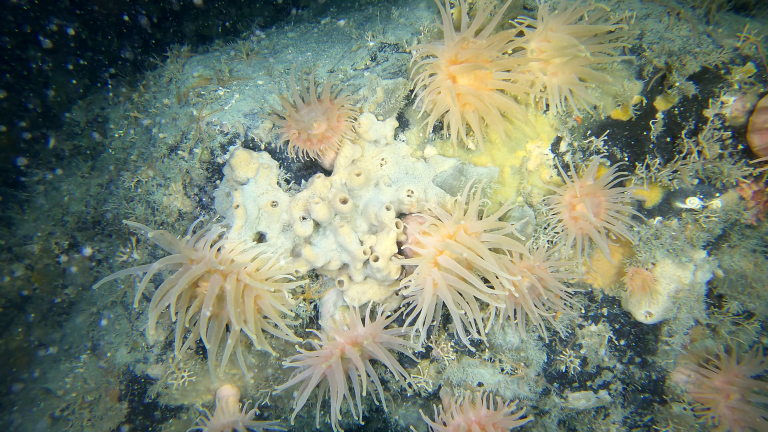
The Greenland Climate Research Centre and the Greenland Institute of Natural Resources have received funding of DKK 17.2 million for ..
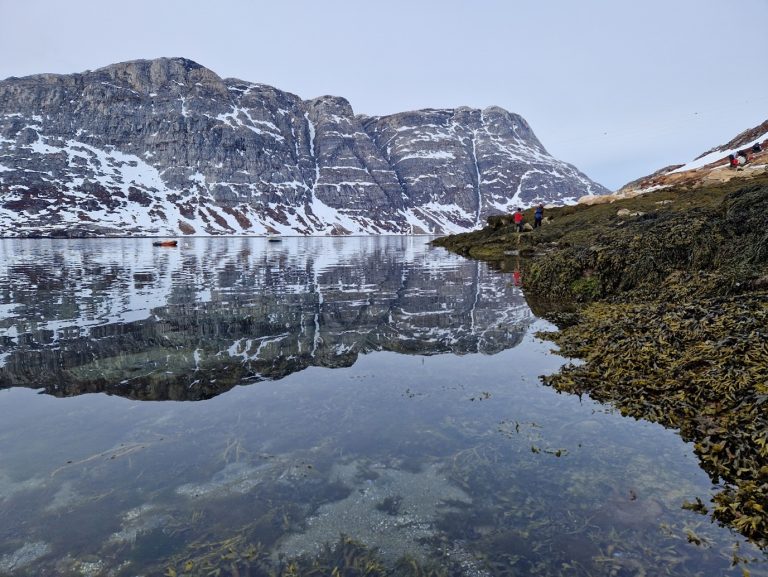
Macroalgae or seaweed are dominating rocky coastlines globally. Even here in Greenland, we can see small kelp such as the ..
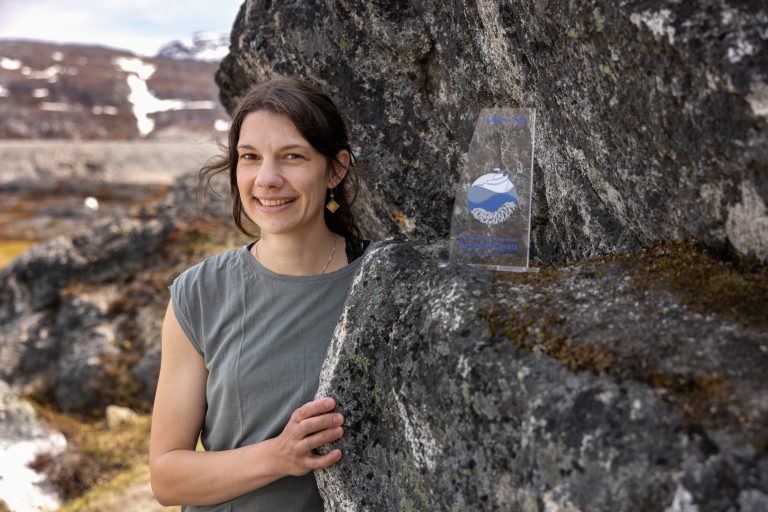
The dark, cold deep sea harbors many unseen treasures, one of which is corals that most people only associate with ..